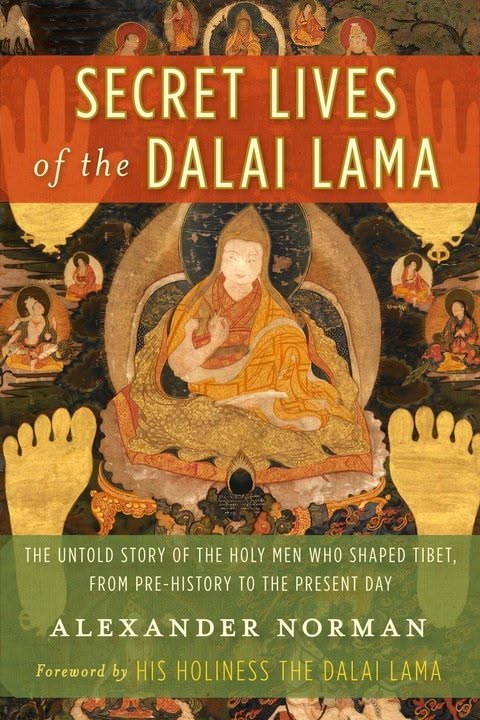Time Slips - Have you experienced a time slip?
Hello, My name is Rob, and I am the creator of 'A Trip Down Ducketts Passage' podcast. It is a podcast primarily about the hit 90's BBC sitcom, Goodnight Sweetheart, but we also lean towards looking at popular time slip accounts. This is due to the fact that the sitcom's main character, Gary Sparrow, happens to find a time portal that takes him back to 1940's London during World War 2.
I am looking to find anybody that thinks they may have experienced a time slip themselves. If so I'm hoping that you would feel comfortable sharing their story on our show, or alternatively, you could email me your story for me to read out to our listeners. It doesn't matter how big and fanciful the story is, we are just intrigued to hear some true accounts.
If you are interested in sharing your story, please respond to this post. Or if you would like to reach me directly, you can email me at [email protected] - I look forward to hearing from you.
I am looking to find anybody that thinks they may have experienced a time slip themselves. If so I'm hoping that you would feel comfortable sharing their story on our show, or alternatively, you could email me your story for me to read out to our listeners. It doesn't matter how big and fanciful the story is, we are just intrigued to hear some true accounts.
If you are interested in sharing your story, please respond to this post. Or if you would like to reach me directly, you can email me at [email protected] - I look forward to hearing from you.




